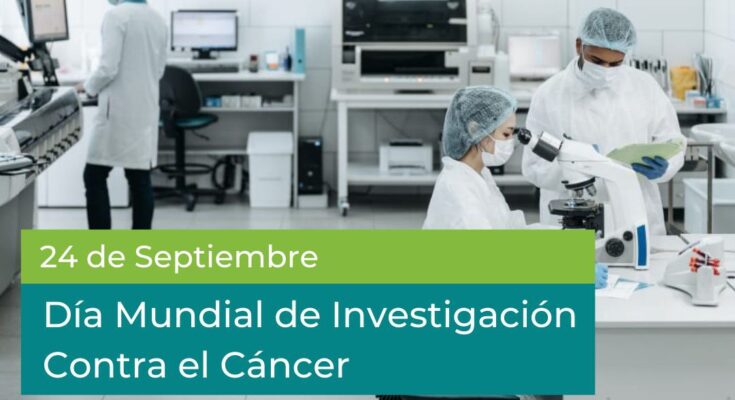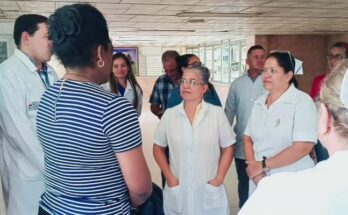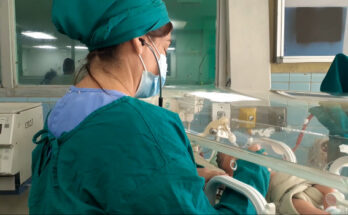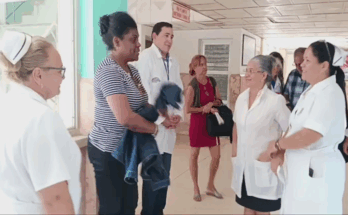To continue promoting projects and research that seek to help in the fight against cancer, achieving a better quality of life for patients or a definitive cure for certain types of tumors, is the purpose of World Cancer Research Day, to be celebrated this September 24.
To date, there are 200 types of tumors related to specific cell and tissue species, but each of these samples has determined that each patient can suffer 700 types of genetic mutations that are very different from one another, which is why it is a complex disease that is difficult to eradicate.
In the last 50 years, research has brought significant advances. These include vaccines for certain types of cancer and new treatments that make it possible to encapsulate the tumor to prevent it from spreading in the body.
There are also new types of injections that can completely destroy the disease; but as always, everything will depend mainly on the patient and the level of development of the pathology.
It is estimated that by 2030 cancer will be the leading cause of death in the world, with an annual increase of 21.6 million new cases.
The celebration of World Cancer Research Day continues to encourage the medical society to generate new discoveries that can help to stop or eliminate cancer in people, that is, to understand the reason for its origin and seek ways to prevent it.
Another intention of World Cancer Research Day is to encourage the world’s governments to promote policies that allow early detection of the disease, as well as access to the latest generation of treatments, less toxic drugs and, above all, comprehensive support for patients’ families.
The international medical community linked to cancer research celebrates its Day with events and symposiums, in which scientific advances are presented, with a view to eliminating this terrible disease that has caused millions of deaths worldwide.
Hence, raising awareness to increase survival, facilitating access to scientific advances in the world and reducing the universal burden of cancer should be basic premises in the field of oncology.




